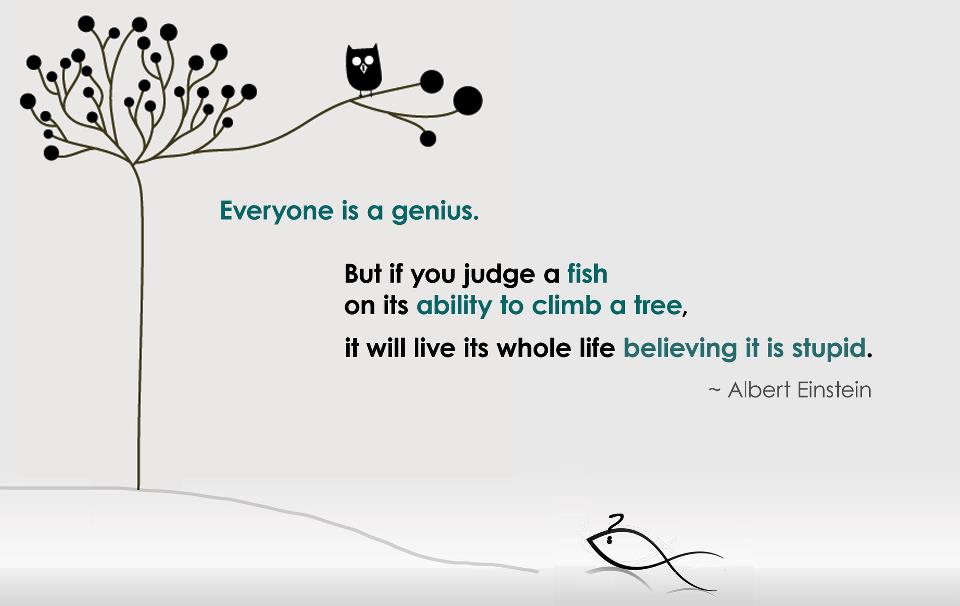One resource that has particular launched great part of my growth as a blogger was the mathtwitterblogosphere introduced as a class resource. I've started following many of the math teachers' blogs, and I'm learning quite a bit about successful math classrooms as well as effective blogging.
I've also learned this quarter that shorter is generally better in terms of blog posts. Looking at other people's posts has made me realize that unless it's about a topic I am really interested in, it better be short and to the point. If not, I just most on to the next post to spend my time more wisely.
In regards to commenting on other people's blogs, I feel I've also grown in that aspect as well. I've started actually remembering that it should be a conversation rather than monologues on the same topic. I've started asking questions rather than only stating my opinion, and I've started commenting on things that I may know nothing about and am simply curious about. By trying to interact through a blog, I feel my posts and comments have been somewhat more interesting (or at least I hope so.)
I commented on this blog post a while ago, and was excited to have a thoughtful reply to my comment and questions. It was also interesting to hear her further thoughts about the building and her different perspective on what the building was about. In this post, I felt that there was a great dialogue between all the commenters and the original author. I feel like all of us contributed to each others learning and thinking in a way that wouldn't have been possible not that long ago. Finally, I hope that my comment on this post helped the author go from only seeing trying to reteach in the same manor as insanity to thinking more deeply of ways in which we can still reteach students but structure it in different ways.
I can see that I still have a ways to go in my blogging growth, but at least I can see some improvement from my past posts. Maybe I'll reach a point where I don't have to ask myself this question when I have a post idea...
 |
| Taken from this blog about "why to blog" |


